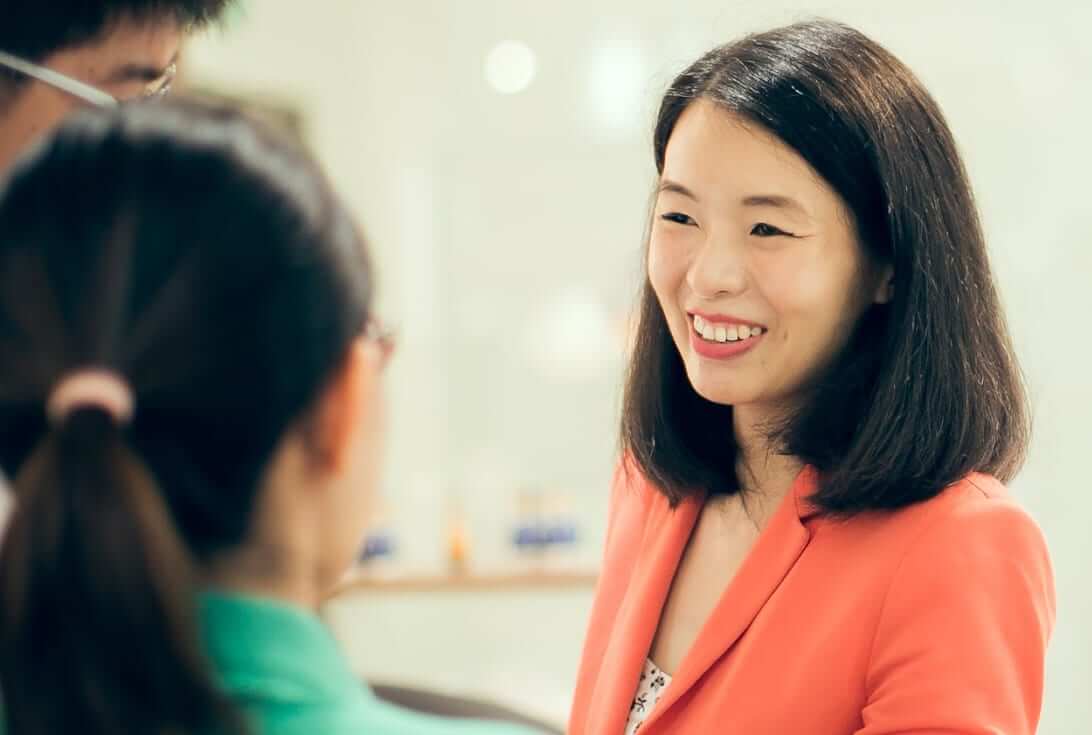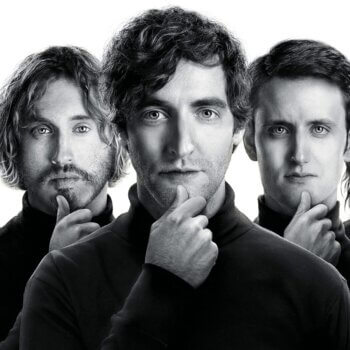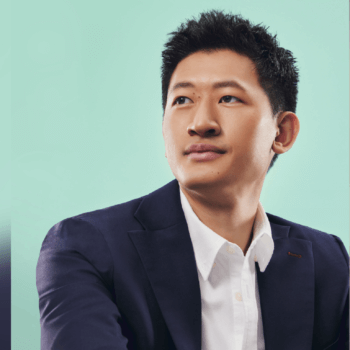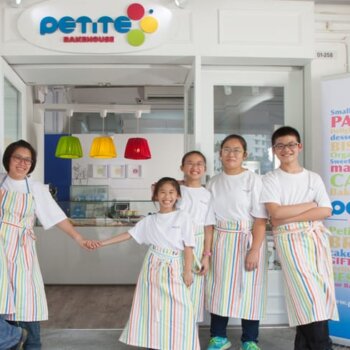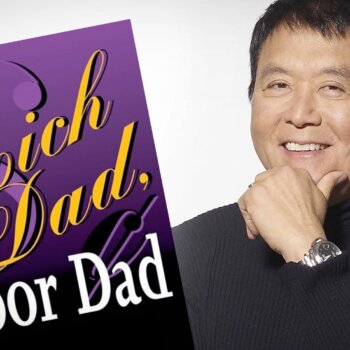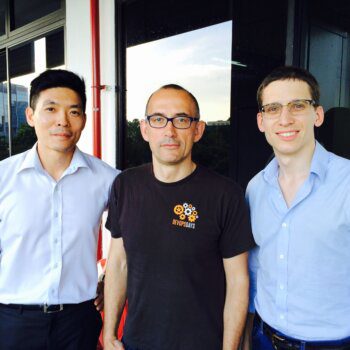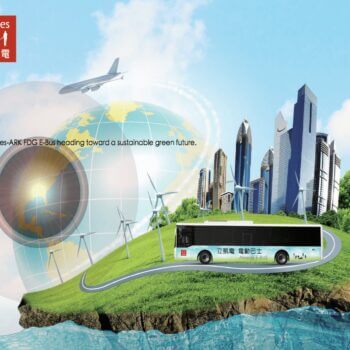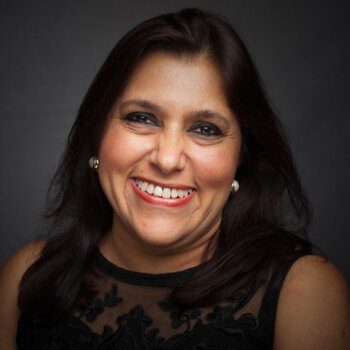San is marrying ‘doing well with doing good’ in her business Edits Inc.
What’s your story?
I’ve always been a change-maker. Throughout my 10 years working in several multinational companies, I always ended up in a role that sets things up, be it new supply chains, new processes, new systems, even new warehouses. And strangely (or not), I enjoyed putting together disparate parts of the organisation to orchestrate such operations.
Having seen how hard people on the ground work (e.g. warehouse workers), it became my mission to find ways to make their work easier and less error-prone. For example, a small design change in a product-packing line operation can reduce error rates and project duration significantly.
Somewhere along the line, I became a fan of shows such as “Clean House” and “Extreme Home Makeover.” Being the tinkerer, I thought, surely there’s a way to organise these homes so they work like warehouses – easy to put things away, easy to retrieve items and (most importantly) never descending into chaos. Imagine how much time, space and manpower that would free up?
So I started researching and came up with our 3R standard for measuring how organised and efficient a home/office/storeroom is. The beauty of it is that the 5S methodology (which we “stole” from warehousing science) ensures we deliver consistent outcomes whether we’re organising a home, an office, the kitchen of a cafe or packing/unpacking for a move.
Process is at the heart of what Edits Inc does. It is process which makes our client’s spaces function efficiently.
What excites you most about your industry?
Singapore is facing a space and resource crunch like never before. There’s been a huge push in the use of technology to address space and resource limitations. But companies are slowly coming to the realisation that, beyond technology, the layout of their service areas has equal impact on resource efficiency.
Whether it’s the location of a service counter, the number of steps a staff member takes to retrieve an item for the customer or the inventory layout in the company store room, we are able to make a difference to the happiness of the average worker, while helping companies to reduce their resource cost. We see that in the smiles of the cleaning aunties when they finally have a pantry or storeroom that doesn’t require them to climb up and down all the time.
It’s the marrying of ‘doing well with doing good’ that excites us.
What’s your connection to Asia?
I was born in Malaysia, raised in Singapore and love travelling in Asia. There’s just no comparison to the diversity and vibrancy of Asia.

Favourite city in Asia for business and why?
Definitely Singapore. It has a strong, business-friendly legal framework and a government that is very supportive of businesses, particularly business innovation. There’s a good mix of businesses here – multinational companies set the pace in best practices; the SMEs are dynamic and cover a wide spectrum and the start-up scene is always teeming with new ideas. No matter which stage of business a company is at, there’s always a platform to discuss the challenges and find solutions.
Singapore may be limited in market size and resources, but it’s precisely these limitations that makes businesses more willing to innovate and seek out solutions to be more efficient and effective in their execution.
What’s the best piece of advice you ever received?
‘Perception is reality’ – managing change is largely about managing perception. My industry is all about getting people to adopt a more efficient way of working within the space they have. In our engagements, we have to constantly be in our clients’ shoes, to ensure that they feel their concerns (about the changes) are addressed. If not, no matter how brilliant our workflow or storage design, they will never stick.
Who inspires you?
Tony Hotine, my boss when I was working at Exel, then DHL and then Damco (part of AP Moller Maersk). His patience in dealing with people amazes me. His philosophy is people will eventually learn the right answers to issues and problems at work, so instead of giving out the answers, ask the right questions.
Tony returned to Europe in 2012, but the lessons in problem-solving and people management stayed with me. In fact, I can probably write a whole book on his sage sayings. Perhaps I should?
What have you just learnt recently that blew you away?
We always get a kick out of seeing how many things get crammed into store rooms, offices, homes and warehouses. It’s kind of like an art installation that summariaes what the organisation or person is all about.
If you had your time again, what would you do differently?
I would’ve made time for more extra-curricular activities while at university and enrolled in more interest-based classes while I was in my corporate job.
How do you unwind?
This season, I’m listening to President Obama’s speeches and interviews! I’m inspired by the way he reaches out with his words, whether he’s addressing a divisive topic,\ or answering antagonistic questions from journalists. His bipartisan approach, coupled with his sense of fun and quick witted social grace is something that we all as leaders could emulate.
And since I talk so much everyday (with clients, suppliers, my team, other business-owners, etc.), listening to others talk is surprisingly very relaxing for me.
Favourite Asian destination for relaxation? Why?
Vietnam. The climate is as varied as the geography, the food is simple and fresh and you can go from the city to countryside in under an hour. My favourite experience is riding the Communist-era, made-in-China trains from one city to another. It’s like travelling back in time. The sound of the train traversing the railway tracks is pretty chilled too, particularly at night!
Everyone in business should read this book:
Hmm…it’s a toss up between The Art of Thinking Clearly (by Rolf Dobelli) and The Ramen King and I (by Andy Raskin). The former reveals how we can identify and address our thinking fallacies, while the latter is about the author’s (interesting, though a little salacious) journey to ‘fixing’ his fallacies.
Running a business is challenging in every way and sometimes a different perspective is all we need to find that breakthrough!
Shameless plug for your business:
Edits Inc makes your space and manpower work harder. We provide professional organising services to help individuals and companies organise their homes and offices so every item can be retrieved or replaced within 10 seconds. Projects that we undertake include:
Decluttering and organising homes and offices
Re-designing service areas (e.g. storerooms, pantries, mailrooms, customer-service areas) for optimum workflow, traffic flow and space usage
Packing, unpacking and managing an office/home move
Cataloging and organising documents and archives
How can people connect with you?
Email me at [email protected]; or say hello on LinkedIn (Haw-San Au-Yong).
Twitter handle?
@hawsan_auyong
—
This interview was part of the Callum Connect’s column found on The Asian Entrepreneur:

Take the ‘Key Person of Influence’ scorecard <http://www.keypersonofinfluence.com/scorecard/>
Connect with Callum here:
twitter.com/laingcallum
linkedin.com/in/callumlaing
Get his free ‘Asia Snapshot’ report from www.callumlaing.com
